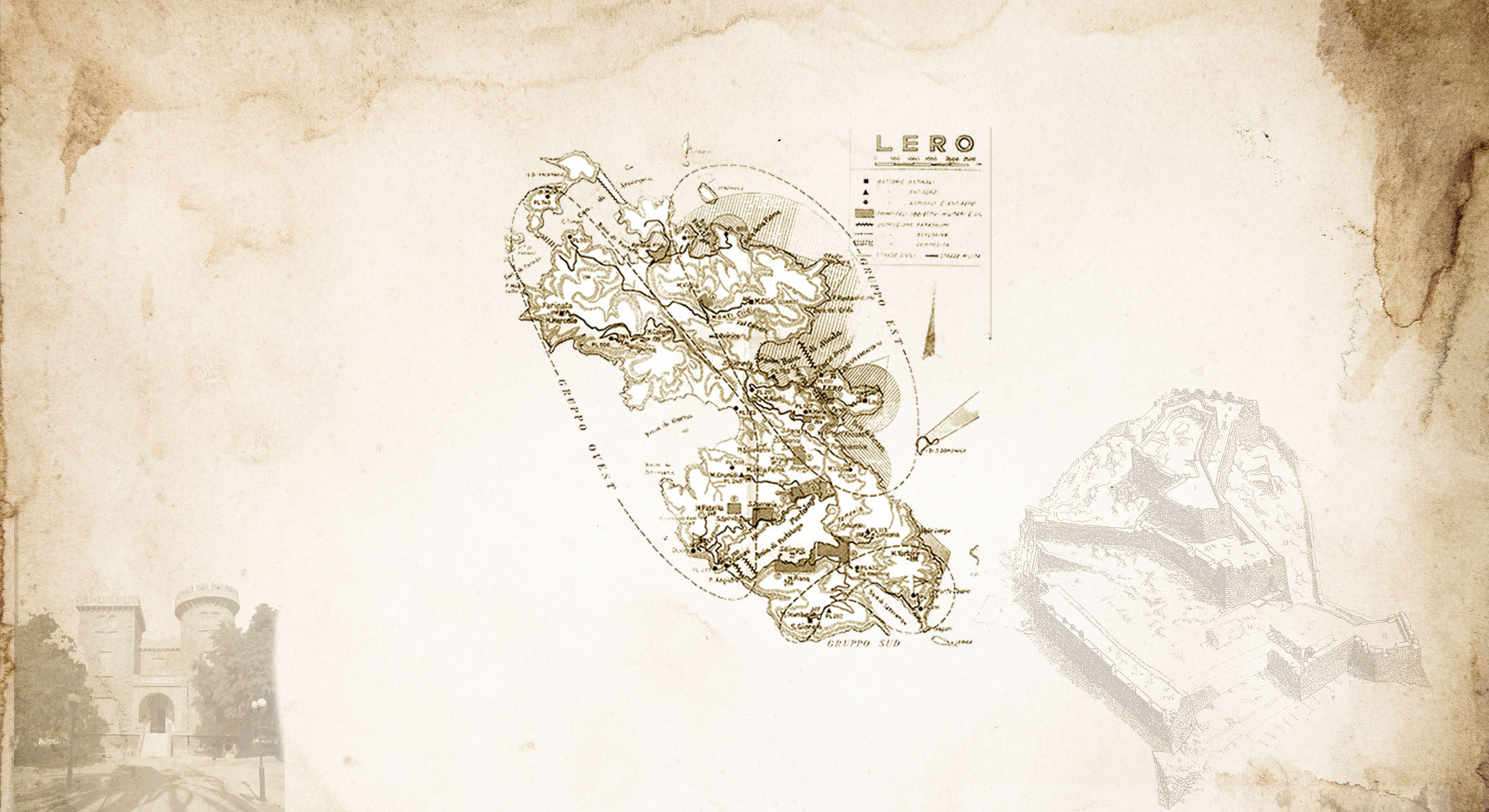

The Leros Historical Society (LHS) was formed in 2023 by a group of academic, local historians, researchers, and friends of the history of Leros. The main goal of LHS is the preservation of the rich history of the island and the education of future generations.
Leros, the island of goddess Artemis, has a history that spans over 5000 years. It is speculated that Leros was initially inhabited by Leleges, Phoenicians, Minoans, and Carians. After the Persian Wars, the island became a member of the Athenian Alliance.
The military occupation of the island by many different empires and errand conquerors over the course of its long history has enriched and diversified all aspects of Lerian culture. The Byzantine Empire occupied the island and left behind, magnificent churches, some of which still stand today. The Knights of Saint John of Rhodes conquered the island in 1309 leaving their trademark castle, followed by the Ottoman Empire in 1523, which has bequeathed to the island very little in terms of the built environment but has produced a body of folk literature that is still vibrant. At the end of the Greek Revolution and despite the military victories of Greece, the London Protocol that sealed the new status quo gave the Dodecanese islands back to the Ottoman Empire in 1830.
- On the heels of the collapse of the Ottoman Empire and the Italo-Ottoman War the Treaty of Sevres ceded the Dodecanese to the Italian Empire. The year of the Treaty, 1912, was the beginning of significant changes on Leros. The new town of Porto Lago (today Laki) was built as a new town based on the architectural style of razionalismo italiano and turned the whole island into an almost impregnable military base. In November 1943, the Battle of Leros, the last major battle of WWII, ended with the German occupation of the island. Leros was liberated by the Greek Navy but the British forces occupied the island for two more years. Leros, along with the rest of the Dodecanese, eventually became part of the Greek State in March 1948.
In 1949 the Greek government establish on Leros the “Royal Vocational Schools”, a reeducation and rehabilitation camp for older children and young adults. In 1957 and psychiatric hospital was established (at the time known as “Psychopathicss Colony”, and from 1967 to 1971 the Junta government established an exile camp for political dissidents in Lepida don Partheni. Since 2016 a refugee/immigrant camps were implanted on the grounds of the old psychiatric hospital which, in 2022, transitioned into a brand-new FRONTEX-operated closed camp at the entrance of the harbor. The refugee camps, operating continuously since 2016 reestablish the dissonant heritage of Leros.
We invite all the friends of Leros and friends of history to join us and contribute to this noble cause.
Become a member
"URBACT IV"
The Leros Historical Society prepared and submitted on behalf of the Municipality of Leros the participation in the European program "URBACT IV -ARCHETHICS". This project aims to collaborate and exchange ideas between European cities to promote and highlight their "dissonant" heritage, a legacy left by totalitarian regimes which has had a great impact on the urban landscape of participating cities. This programme integrates digital and green policy as well as gender equality.
ATRIUM
The Leros Historical Society prepared and submitted on behalf of the Municipality of Leros the participation in the European program "ATRIUM" , Archetic of totaletarian.
Radio Proposal
On the October 19th meeting of the founding members of LHS, it was mentioned by one of the founders that it is a dream to revive the ‘Radio Building’ and that there might be a possiblity for LHS to be granted the usage of the site should a reasonable purpose and a viable plan be presented to relevant public institutions.





